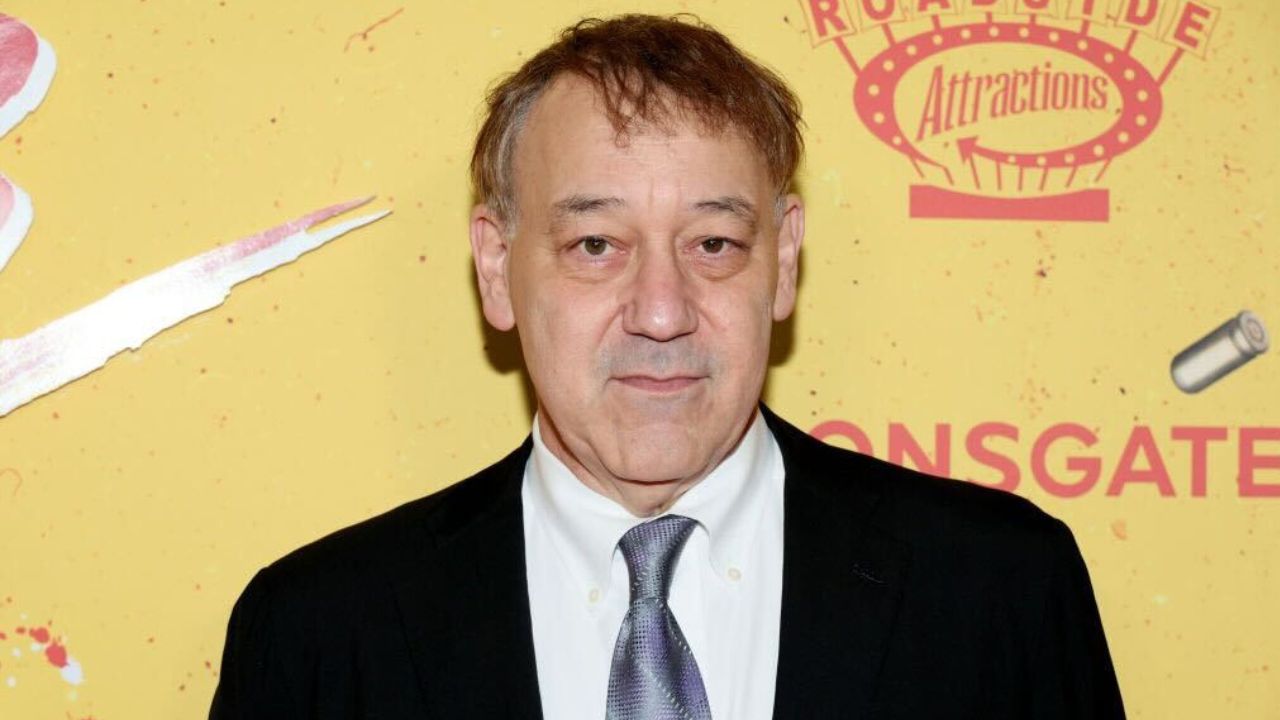During a Q&A session at the Torino Film Festival, Sharon Stone shared her experience working on the 1995 revisionist Western The Quick and the Dead.
The actress, best known for her iconic roles in Basic Instinct and Casino, talked about her dual roles as producer and lead actress in the film. He also mentioned his contribution in elevating the career of director Sam Raimi.
Stone said, “I was very fortunate to have the opportunity to produce (The Quick and the Dead) and star in this film.” He recalled bringing in notable names like Russell Crowe, who was unknown in Hollywood at the time, and pre-Titanic Leonardo DiCaprio. Stone also described Raimi, who was known at the time for iconic films such as The Evil Dead, as a director he helped make the transition from “B movies to A movies”.
Stone compared his experience working with Raimi to his collaboration with Martin Scorsese. Although he appreciated Raimi’s talent, he expressed disappointment at their lack of consistent partnership. “In the case of Sam Raimi, I loved his films. I thought he was very intelligent and very funny,” she said. However, he noticed a big difference in loyalty.
“Sam was a child, and he didn’t have loyalty; He doesn’t have any family,” Stone shared. “He never spoke to me again; He didn’t thank me; He didn’t hire me back; He did not accept the relationship.
In contrast, Stone praised Scorsese for maintaining a long-term relationship based on mutual respect and shared values. “Marty and I still have a relationship, and because of that, Marty and I still work together. There’s depth to it,” he added.

Stone revealed that despite her success in The Quick and the Dead, her efforts to pursue directing roles were hindered by sexism in Hollywood. He shared a frustrating story about presenting a film idea with a complete script, music and planning and only meeting resistance. Stone said, “I was told it was the best pitch I’d ever heard, but actually it was a woman’s pitch.”
She noted the obstacles women faced in the industry in the 90s and early 2000s. She said that the opposition to women working, to their work, was so strong that she could not return to directing. Stone felt that his talents were undervalued by decision-makers, whom he described as “less intelligent studio heads”.
Also Read: Will Tom Cruise star in Doug Liman’s film Deeper? Here’s what we know

